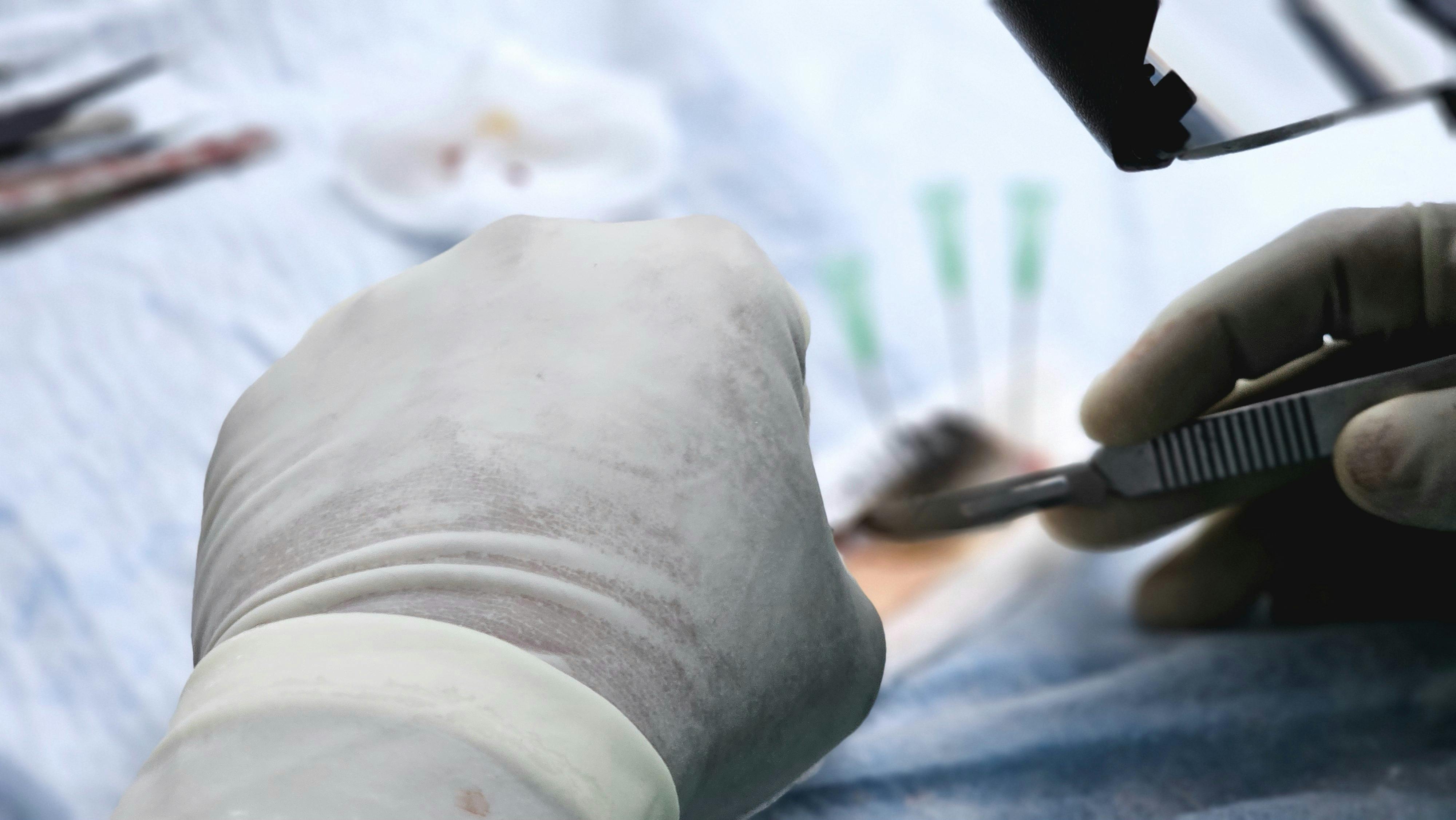How Dental Implant Trials Advance Patient Care
Dental implant trials are pivotal in advancing both technology and patient care, offering insights into implant effectiveness, trends, and aesthetic outcomes. From groundbreaking international studies to ethical clinical practice and technological innovations, these trials serve a range of needs, providing practitioners and patients with vital information for informed decision-making in dental health.

Understanding Dental Implant Trials
Clinical trials in dental implantology follow strict protocols to evaluate the safety and effectiveness of new implant systems, materials, and procedures. These studies typically span multiple phases, beginning with laboratory testing and progressing through small-scale human trials to large, multi-center investigations. Participants in dental implant trials receive cutting-edge treatments while contributing valuable data that benefits future patients.
The trial process involves careful patient selection, detailed treatment protocols, and long-term follow-up assessments. Researchers monitor healing times, success rates, complications, and patient satisfaction to build comprehensive data sets. This systematic approach ensures that new implant technologies meet rigorous standards before becoming available to the general public. Modern trials often incorporate advanced imaging techniques, molecular biology assessments, and quality-of-life measurements to provide a complete picture of treatment outcomes.
Current Trends and Breakthroughs
Recent dental implant trials have revealed significant advances in implant design and materials science. Researchers are investigating new titanium alloys and ceramic materials that promote faster osseointegration while reducing the risk of complications. Surface modifications at the microscopic level are showing promise in accelerating bone healing and improving long-term stability.
Immediate loading protocols represent another area of active investigation, with trials examining the feasibility of placing permanent crowns on implants immediately after surgery. These studies are revolutionizing treatment timelines, potentially reducing the traditional healing period from several months to just weeks. Additionally, trials focusing on implant placement in challenging anatomical situations, such as areas with limited bone density or previous tooth loss, are expanding treatment options for previously unsuitable candidates.
Digital workflow integration has become a major focus, with studies evaluating computer-guided implant placement and digital impression systems. These technological approaches aim to improve precision, reduce surgical time, and enhance patient comfort throughout the treatment process.
The Impact of Modern Clinical Trials
Contemporary dental implant trials are transforming patient care through evidence-based treatment protocols and improved success rates. Long-term studies tracking implants over 10-20 years provide valuable insights into durability and maintenance requirements, helping practitioners set appropriate expectations with patients.
Multi-center trials involving hundreds of participants offer robust data on treatment outcomes across diverse patient populations. These large-scale studies help identify factors that influence implant success, including patient age, medical history, bone quality, and lifestyle factors such as smoking. The resulting clinical guidelines enable practitioners to provide more personalized treatment recommendations and risk assessments.
Patient-reported outcome measures have become integral to modern trials, capturing information about comfort, function, and satisfaction that complement traditional clinical assessments. This holistic approach ensures that new treatments not only meet technical success criteria but also improve patients’ quality of life and overall treatment experience.
Specialized Focus on Aesthetic Improvements
Aesthetic outcomes have become increasingly important in dental implant trials, reflecting patients’ growing expectations for natural-looking results. Contemporary studies evaluate soft tissue response, gum contours, and crown appearance to develop protocols that optimize both function and aesthetics.
Trials investigating immediate implant placement following tooth extraction are particularly relevant for aesthetic zones, where maintaining natural gum architecture is crucial. These studies examine healing patterns, tissue stability, and long-term aesthetic outcomes to refine treatment timing and surgical techniques.
Novel approaches to tissue regeneration, including guided bone regeneration and soft tissue grafting procedures, are being evaluated through controlled trials. These studies help establish best practices for managing challenging cases where natural tissues have been compromised by disease or previous treatments. The integration of digital smile design with implant therapy is also being studied to ensure optimal aesthetic integration with existing teeth.
Technological Advancements in Implantation Techniques
Modern trials are evaluating breakthrough technologies that promise to transform implant dentistry. Computer-assisted implant surgery, using robotic guidance systems and real-time navigation, is being tested for precision and efficiency. These studies compare traditional surgical approaches with technology-assisted methods to quantify improvements in accuracy and patient outcomes.
Three-dimensional printing applications in implant dentistry represent another frontier being explored through clinical trials. Custom surgical guides, patient-specific implants, and prosthetic components created through additive manufacturing are being evaluated for fit, function, and long-term performance. These personalized approaches may offer superior outcomes for complex cases requiring customized solutions.
Minimally invasive surgical techniques, including flapless procedures and piezoelectric surgery, are being studied for their potential to reduce post-operative discomfort and accelerate healing. Trials comparing these advanced techniques with conventional approaches provide evidence for their clinical benefits and appropriate applications.
Conclusion
Dental implant trials continue to drive remarkable advances in patient care, combining rigorous scientific methodology with innovative technologies to improve treatment outcomes. Through comprehensive evaluation of new materials, techniques, and protocols, these studies ensure that dental implant therapy remains at the forefront of restorative dentistry. The ongoing commitment to evidence-based research translates directly into better experiences and results for patients seeking tooth replacement solutions. As technology continues to evolve, dental implant trials will undoubtedly reveal new possibilities for enhancing both the functional and aesthetic aspects of implant therapy, ultimately benefiting the millions of individuals who rely on these treatments to restore their smiles and oral health.
This article is for informational purposes only and should not be considered medical advice. Please consult a qualified healthcare professional for personalized guidance and treatment.




